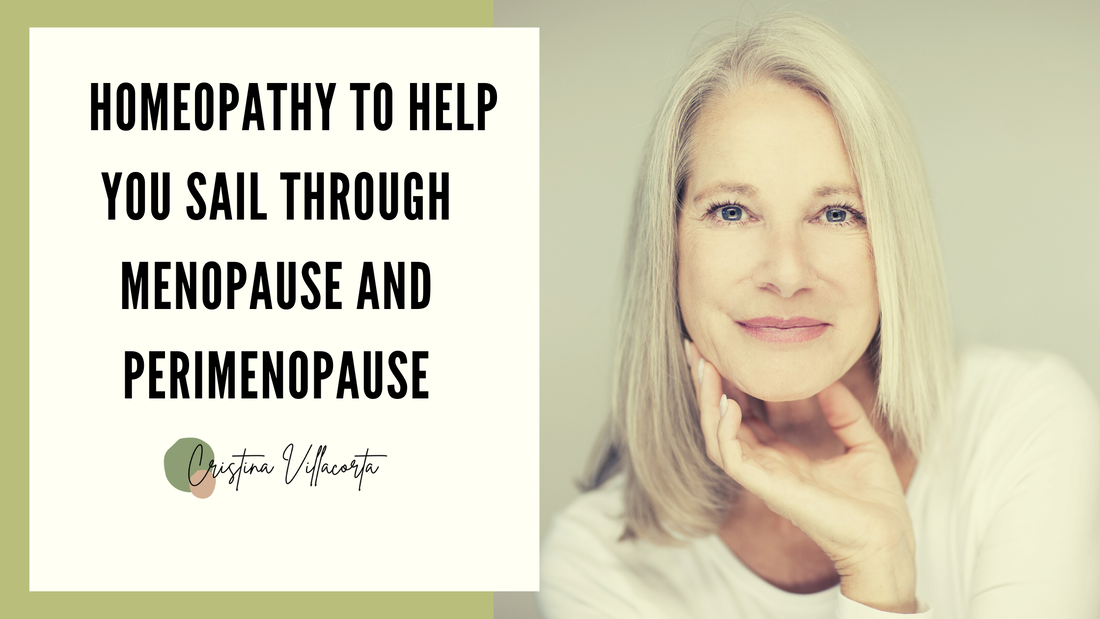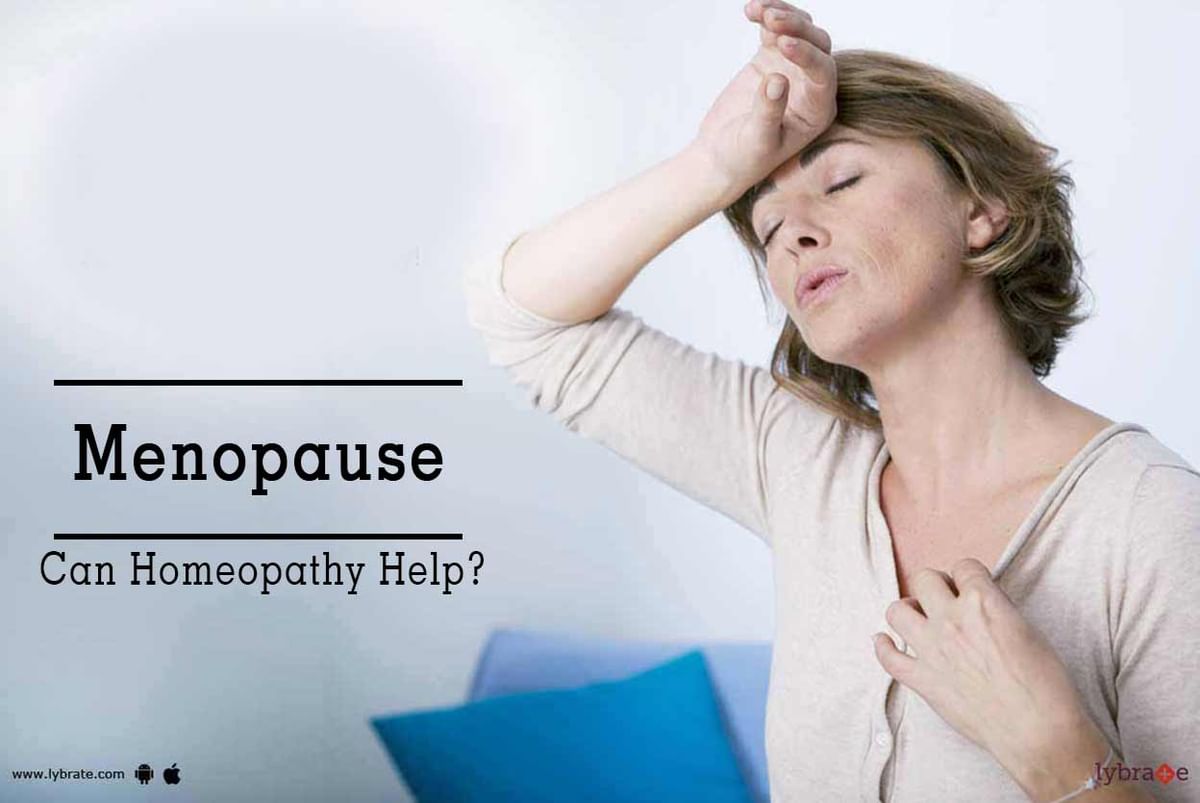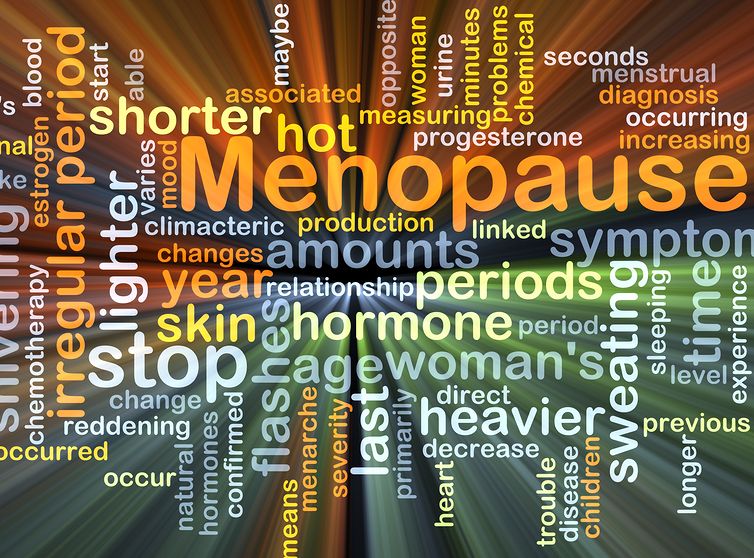Homeopathy for menopause offers a unique and potentially effective approach to managing the physical and emotional symptoms associated with this life stage. With its focus on gentle and natural remedies, homeopathy provides a safe and complementary option to conventional medical treatments.
This comprehensive guide will delve into the principles of homeopathy, explore its applications for menopause symptoms, and provide evidence-based insights into its safety and efficacy. By understanding the benefits and limitations of homeopathy, you can make informed decisions about its potential role in your menopause management plan.
Overview of Homeopathy

Homeopathy is a holistic system of medicine that uses highly diluted substances to stimulate the body’s own healing response. It is based on the principle of “like cures like,” meaning that a substance that causes a particular set of symptoms in a healthy person can cure those same symptoms in a sick person.
Homeopathy was developed by the German physician Samuel Hahnemann in the late 18th century. Hahnemann believed that the body’s natural healing powers could be stimulated by giving it small doses of a substance that would cause similar symptoms if taken in a larger dose.
This principle is known as the “law of similars.”
History and Origins of Homeopathy
Homeopathy has its roots in ancient medical practices, such as the use of herbs and other natural substances to treat illnesses. However, it was not until Hahnemann’s time that homeopathy was developed into a systematic medical system.
Hahnemann’s first experiments with homeopathy involved testing various substances on himself. He found that when he took a small dose of a substance that caused symptoms similar to those of malaria, he developed a mild case of malaria. However, when he took a larger dose of the same substance, he developed a full-blown case of the disease.
Hahnemann concluded from these experiments that the “law of similars” was valid. He went on to develop a system of homeopathy that used highly diluted substances to treat a wide range of illnesses.
The Concept of “Like Cures Like”
The principle of “like cures like” is the foundation of homeopathy. According to this principle, a substance that causes a particular set of symptoms in a healthy person can cure those same symptoms in a sick person.
For example, if a person has a cold with symptoms such as a runny nose, sneezing, and sore throat, a homeopath might prescribe a homeopathic remedy made from a substance that causes similar symptoms, such as onion or garlic.
The idea behind this is that the body will recognize the substance and produce an immune response that will help to fight off the infection.
Homeopathy for Menopause Symptoms

Menopause is a natural transition that occurs in women as they age. It can bring about a range of symptoms, including hot flashes, night sweats, mood swings, and vaginal dryness. Homeopathy is a complementary medicine system that uses highly diluted substances to stimulate the body’s natural healing response.
It offers a range of remedies that can help alleviate the symptoms of menopause.
Common menopause symptoms include:
- Hot flashes
- Night sweats
- Mood swings
- Vaginal dryness
- Sleep disturbances
- Weight gain
- Thinning hair
- Dry skin
Homeopathic remedies are prescribed based on the individual’s symptoms and overall health. Some of the commonly used remedies for menopause include:
- Belladonna: For hot flashes, night sweats, and headaches
- Sepia: For mood swings, irritability, and vaginal dryness
- Ignatia: For emotional sensitivity and tearfulness
- Pulsatilla: For hot flashes, night sweats, and anxiety
- Lachesis: For hot flashes, night sweats, and sleep disturbances
Homeopathy can offer potential benefits for menopause symptoms, such as:
- Alleviation of hot flashes and night sweats
- Improvement in mood swings and irritability
- Reduction in vaginal dryness
- Enhancement of sleep quality
However, it’s important to note that homeopathy has limitations and should not be considered a substitute for conventional medical care. It’s essential to consult with a qualified homeopath to determine the appropriate remedies and dosage for your specific needs.
Evidence and Research
The scientific evidence on the effectiveness of homeopathy for menopause is limited and inconclusive. Some studies have shown promising results, while others have found no significant benefits.
There are several challenges and limitations to homeopathic research, including the difficulty in designing placebo-controlled trials and the lack of standardization in homeopathic preparations.
Clinical Studies
Some clinical studies have investigated the use of homeopathy for menopause symptoms. A 2016 study published in the journal Menopausefound that homeopathic remedies were effective in reducing hot flashes and night sweats.
However, a 2018 study published in the journal JAMA Internal Medicinefound that homeopathy was no more effective than placebo in reducing menopausal symptoms.
Safety and Considerations: Homeopathy For Menopause
Homeopathic remedies are generally considered safe for use. However, it’s important to be aware of potential interactions with other medications or supplements and to consult a healthcare professional before using homeopathy.
Safety Profile
Homeopathic remedies are highly diluted, which means they contain very little of the original substance. This makes them unlikely to cause side effects. However, some people may experience a temporary aggravation of their symptoms when starting homeopathy. This is known as a “healing crisis” and is usually a sign that the remedy is working.
Interactions with Other Medications or Supplements
Homeopathic remedies can potentially interact with other medications or supplements. It’s important to tell your healthcare provider about all the medications and supplements you are taking, including homeopathic remedies.
Consulting a Healthcare Professional
It’s always a good idea to consult a healthcare professional before using homeopathy. This is especially important if you are pregnant, breastfeeding, or have a chronic health condition.
Practical Applications
To effectively incorporate homeopathy into your menopause management plan, consider the following practical guidelines:
When selecting a homeopath, seek a qualified and experienced practitioner who is registered with a reputable professional organization. Look for someone who takes a holistic approach and considers your individual symptoms, medical history, and lifestyle.
Choosing Remedies
Homeopathic remedies are typically prescribed based on the principle of “like cures like.” This means that a substance that causes certain symptoms in a healthy person can alleviate similar symptoms in someone who is ill. Your homeopath will carefully assess your symptoms and select a remedy that matches your specific condition.
Dosage and Administration
Homeopathic remedies are typically taken in the form of oral pellets or liquid drops. The dosage and frequency of administration will vary depending on the remedy and the severity of your symptoms. Your homeopath will provide you with specific instructions on how to take the remedy.
Integrating Homeopathy
Homeopathy can be integrated into a holistic menopause management plan alongside other therapies, such as lifestyle modifications, herbal remedies, or conventional medical treatments. By working with your healthcare providers, you can create a personalized approach that addresses your specific needs and helps you navigate menopause with greater ease.
Comparison to Conventional Treatments

Homeopathy and conventional medical treatments for menopause offer different approaches to managing symptoms. Conventional treatments often involve hormone replacement therapy (HRT) or other medications, which can effectively alleviate symptoms but may have potential side effects.
Homeopathy, on the other hand, uses highly diluted natural substances to stimulate the body’s self-healing mechanisms. While it is generally considered safe, its effectiveness remains controversial due to a lack of robust scientific evidence.
Advantages of Homeopathy
- May provide a more holistic approach, addressing both physical and emotional symptoms.
- Generally considered safe, with minimal side effects.
- Can be personalized to the individual’s unique symptoms.
Advantages of Conventional Treatments, Homeopathy for menopause
- Medications like HRT can effectively alleviate severe symptoms.
- Well-established scientific evidence supports their efficacy.
- May offer long-term symptom relief.
Homeopathy as a Complementary or Alternative Therapy
Homeopathy can play a complementary role to conventional treatments, offering additional support in managing symptoms. However, it is important to note that it should not be considered a substitute for standard medical care. It is recommended to consult a qualified healthcare professional before using homeopathy for menopause.
Q&A
Is homeopathy safe for menopause symptoms?
Yes, homeopathic remedies are generally considered safe when used appropriately. However, it’s important to consult a qualified homeopath to ensure the correct remedies and dosages for your individual needs.
What are the common homeopathic remedies for menopause?
Common homeopathic remedies for menopause include Sepia, Belladonna, Lachesis, and Ignatia. These remedies are chosen based on their ability to match the specific symptoms and constitutional makeup of the individual.
Can homeopathy help with hot flashes?
Yes, some homeopathic remedies, such as Belladonna and Sepia, have shown promise in reducing the frequency and severity of hot flashes. However, more research is needed to confirm their efficacy.